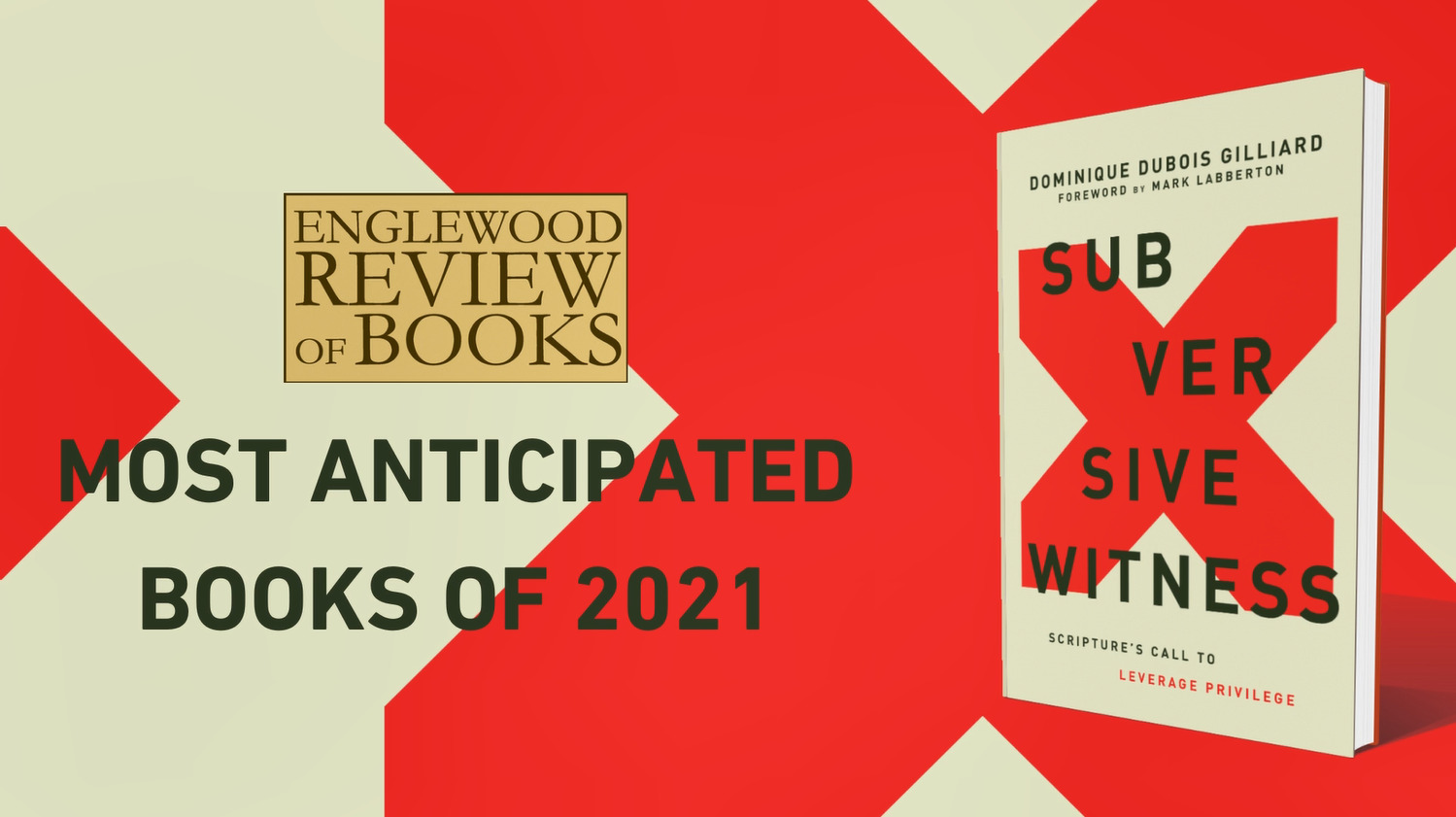Advent reminds us that we serve a God who intentionally chose to enter in! While God did not have to, God elected to intervene on our behalf. Compelled by love, Jesus—in selfless abandon—forsook comfort, safety, and heaven’s shalom…to stand in solidarity with humanity. This costly decision was taken for granted; in spite of Jesus sacrificially taking on flesh—becoming Emmanuel—he was rejected by those he came to save. Moreover, he was persecuted and defamed, in addition to being the victim of state-sanctioned violence, torture, and crucifixion. Nevertheless, Jesus remained faithful…to his mission, to God, and his neighbor; this faithfulness—in the face of persecution—is what birthed our liberation.
As Christ’s followers in the world today, how does this impact how we observe Advent? How is Jesus’ solidarity with “the other,” prescriptive for us today? As Christians, are our lives not intended to be patterned after Jesus’? While we are not saviors (nor should we attempt to be), we are co-laborers with Christ; and as such, are we not also summoned to choose solidarity with others, even when we do not have to? Christ’s faithfulness, in the midst of persecution that he only endured because of his stance of solidarity with “the other,” is what induced the freedom that we now enjoy. While our efforts and solidarity can never be salvific, our choice to sacrificially stand with “the other,” remaining faithful in the face of persecution, can also birth freedom and liberation (from the effects of sin, not sin itself—we are not divine, we do not have that power), in the world.
When I remember the self-giving nature of God’s love, my heart breaks everytime I hear Christians respond to the effects of systemic sin by saying: “that’s not my community’s issue,” “we have our own issues to deal with,” or “I don’t understand what that has to do with me.“ This self-centered mindset—that immigration is a Hispanic issue, mass incarceration is a Black and Brown issue, and sexism is a women’s issue—is part of what sustains systemic sin. When I take the incarnation seriously, I am forced to conclude that Christians are called to be people who chose to enter in—a peculiar people who elect to stand in solidarity with our neighbor—even when “we do not have to.” When we choose solidarity—especially at the expense of privilege, comfort, and social status—for the good of our neighbor and the furtherance of the Kingdom, we become more Christ-like. Choosing solidarity is a spiritual practice that prompts us to look not to our own interests, but to the interests of others. When we practice the spiritual discipline of standing in solidarity, we strive to embody “the same mindset as Christ Jesus.”
As believers today, this season reminds us that we live in-between Christ’s two comings. We live in response to Jesus’ first Advent, when he inaugurated the rule and reign of the Kingdom of God here on earth. As we await his second coming, we are not just here idly waiting, twiddling our thumbs and passing time; we are called to wait with expectation and in anticipation. We are called to active waiting. Our waiting prepares us and the world for Christ’s return. We wait in the mold of John the Baptist: preparing the way for the Lord. How we wait ultimately dictates how we live and we are called to wait with purpose.





